If you are on SQL Server 2008 or later version, you can use the ROLLUP() GROUP BY function:
SELECT
Type = ISNULL(Type, 'Total'),
TotalSales = SUM(TotalSales)
FROM atable
GROUP BY ROLLUP(Type)
;
This assumes that the Type column cannot have NULLs and so the NULL in this query would indicate the rollup row, the one with the grand total. However, if the Type column can have NULLs of its own, the more proper type of accounting for the total row would be like in @Declan_K's answer, i.e. using the GROUPING() function:
SELECT
Type = CASE GROUPING(Type) WHEN 1 THEN 'Total' ELSE Type END,
TotalSales = SUM(TotalSales)
FROM atable
GROUP BY ROLLUP(Type)
;
